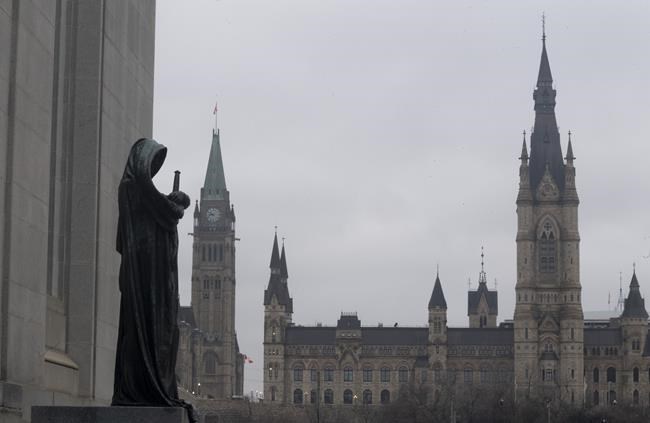OTTAWA — Former members of a Toronto church do not have legal recourse over their expulsions from the congregation, the Supreme Court of Canada says in a decision likely to have implications for other voluntary associations.
Five members of the Ethiopian Orthodox Tewahedo Church of Canada St. Mary Cathedral were expelled after expressing dissatisfaction with what they considered a lack of action against an allegedly heretical movement in the church.
The former members filed a claim in court, saying the church failed to follow its own internal procedures and that the expulsions violated their rights to natural justice.
The church said the members had no right to procedural fairness under the circumstances and that there was no genuine issue requiring a trial.
A judge agreed the claim should be tossed out but the decision was overturned in the Ontario Court of Appeal, prompting the church to take its case to the Supreme Court.
In its unanimous ruling Friday, the high court set aside the Appeal Court decision and restored the motion judge's order dismissing the action.
In writing for the court, Justice Malcolm Rowe said many informal agreements that people undertake do not result in a contract.
Many voluntary associations will have rules, sometimes even a constitution, bylaws and a "governing" body to adopt and apply the rules, Rowe said.
"These are practical measures by which to pursue shared goals. But, they do not in and of themselves give rise to contractual relations among the individuals who join," he wrote.
"The members of the local minor hockey league, or a group formed to oppose development of green spaces, or a Bible study group, for example, do not enter into enforceable legal obligations just because they have joined a group with rules that members are expected to follow."
Membership is contractual only where the needed conditions are met, including an objective intention to create legal relations, he said.
"Such an intention is more likely to exist where property or employment are at stake. It is less likely to exist in religious contexts, where individuals may intend for their mutual obligations to be spiritually but not legally binding."
In the case of the expelled church members, there was no evidence of an objective intention to enter into legal relations, Rowe said.
"As the motion judge correctly held, there is therefore no contract, no jurisdiction, and no genuine issue requiring a trial."
This report by The Canadian Press was first published May 21, 2021.
Jim Bronskill, The Canadian Press



